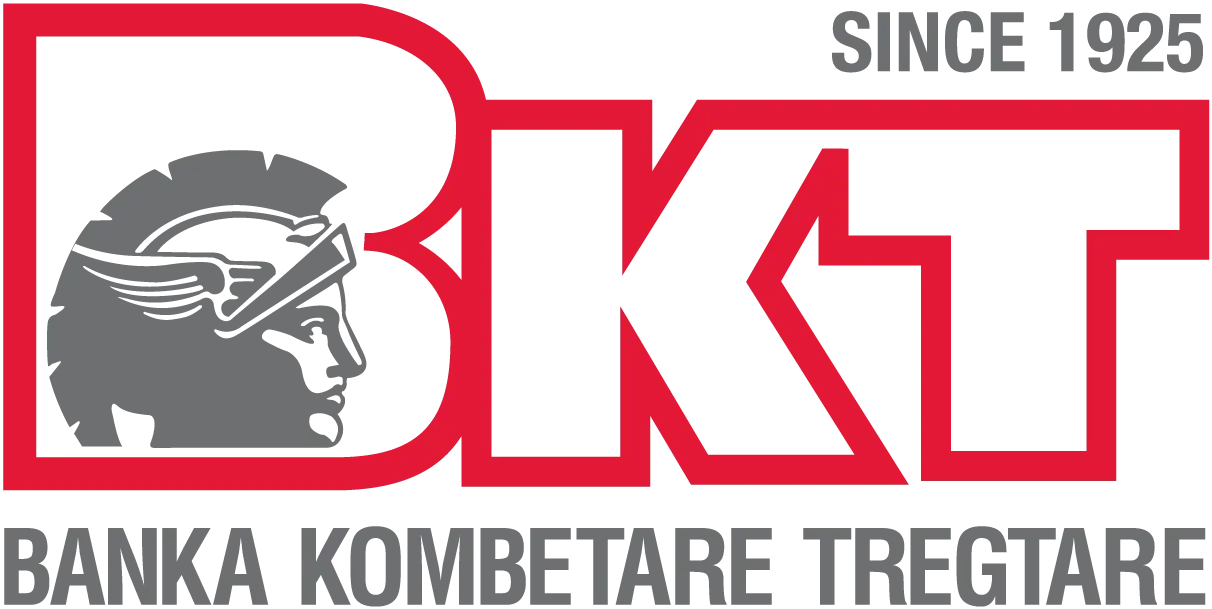Interview with Mr. Seyhan Pencabligil, Chief Executive Officer and Board Member of BKT
For Monitor Magazine, 25th of September 2025
How would you assess BKT’s performance in 2024 and so far in 2025?
2024 was a good year for BKT, with nearly all our targets achieved. We increased loans to the economy by 20% in Euro terms, while keeping a low NPL ratio. Return on equity was also very healthy at 20% in U.S. dollar terms, as our share capital is denominated in this currency. As a result, the capital adequacy ratio stood at 19% and we further reinforced our equity with the second MREL issuance.
We maintain the momentum in 2025 so far and we are the market leaders in retail loans, while we increase the business loans fast. This year marks the centenary of the Bank, which was established in 1925. We continue our journey with more digitalization, efficiency, strong growth and profit.
What are the bank’s expectations for the upcoming period?
Looking ahead, we expect moderate but sustainable growth. Interest rates are likely to moderate, which could squeeze margins, so we’ll place more emphasis on generating revenue from non-interest sources (fees, commissions and transaction) based income by generating new solutions to business and retail customers although it will be pressure on fees from transfers.
We also anticipate that regulatory pressures (e.g. countercyclical capital buffer implementation) will shape capital planning for the sector, particularly for systemically important banks besides the capital compliance pressure on small size banks. On the lending side, we expect continued demand from sectors like SMEs, tourism, energy, and housing—provided credit is granted under sound underwriting. Finally, digital transformation will accelerate: more digital onboarding, digital loans, cards etc. other easier remote services, further automation in operations and risk monitoring.
Where do you see the Albanian economy in the medium and long term? Which sectors are of most interest to be financed by your Bank and the banking sector in general?
Medium‐term, I believe Albania can maintain 3–3.5% growth annually, supported by rising investment, tourism, and steadily improving public sector finances. Longer term, the challenge will be enhancing productivity, reducing informality, improving infrastructure and human capital.
- From a bank’s perspective, financing opportunities are strongest in:
- Energy and renewables, SMEs, which are central to employment and export diversification
- Tourism and hospitality, particularly value-added services and infrastructure (roads, utilities, waste, water)
- Agriculture and agri-processing, especially where standards and supply chains can be improved, we will utilize guarantee programs to finance this sector.
- Housing / construction, particularly residential housing under responsible lending practices
We’d also expect green finance, digital infrastructure, and logistics to become increasingly important as Albania aligns with EU standards.
In July, the Bank of Albania adopted several measures to tighten the criteria for granting mortgage loans. How do you expect these measures to impact real estate lending?
The July tightening is likely to dampen growth in some parts of the real-estate credit market—especially high LTV mortgages, speculative housing, or loans to borrowers with irregular income. Banks will need to be more selective; borrowers will face stricter documentation, possibly lower LTVs or higher down payments.
This initiative is aiming to prevent a bubble in the housing market by eliminating speculative demand and in this regard, it may give positive mid/long term effects. Since we have already been vigilant in many areas effects of measure will be limited for us in comparison the market.
We anticipate real-estate lending to continue growing, but at a more moderate pace and with stricter risk controls.
For the first time after many years of consolidation in the system, the Bank of Albania has granted a license to a new bank with Turkish capital, Ziraat. How do you expect the entry of this bank to affect the system?
We welcome wholeheartedly the return of Ziraat Bank to Albania. I say “return” because this bank, established in 1863, opened branches in Berat, Elbasan, Kavaja, Korça, and Shkodra within a few years of its operations. Today, it is the largest bank in Turkey, and it is already active in many countries across the region. Their entry will bring healthy competition and significant know-how vis-vis agrobusiness, for which its name stands.
What would be your message to the government regarding the sectors that should be prioritized in the future?
If I could give one message, it’s that government policy should align incentives toward sectors where private capital can scale impact reliably.
- First of all, infrastructure & connectivity: roads, utilities, broadband, and energy grids. Without those, other sectors cannot thrive. Incentives to finance these sectors either with flexible capital requirement or guarantees may pave way for growth.Regulatory predictability: reducing bureaucracy, improving contract enforcement, strengthening jurisdiction and collateral systems is ongoing expectation of the system, even state institution can consider banks as “Public services” and State institutions can exchange data electronically to increase service speed. Sure, banks act responsible to respect data confidentiality.
- SME support: matching conduit financing, credit guarantee schemes, improving access to finance especially in rural areas is quite important. Initiatives for agro finance is a good step but it is not enough to boost an agricultural investment, rates should be improved and unexpected risks (catastrophe, drought, animal illness etc.) can be covered with insurance solutions backed by government.
- Education & human capital: vocational and technical training, aligning curricula with labor market needs—especially in tourism, tech, agriculture.
A stable macro environment, clarity in regulation, and co-operation between government, central bank and private sector will make these priorities deliver more
